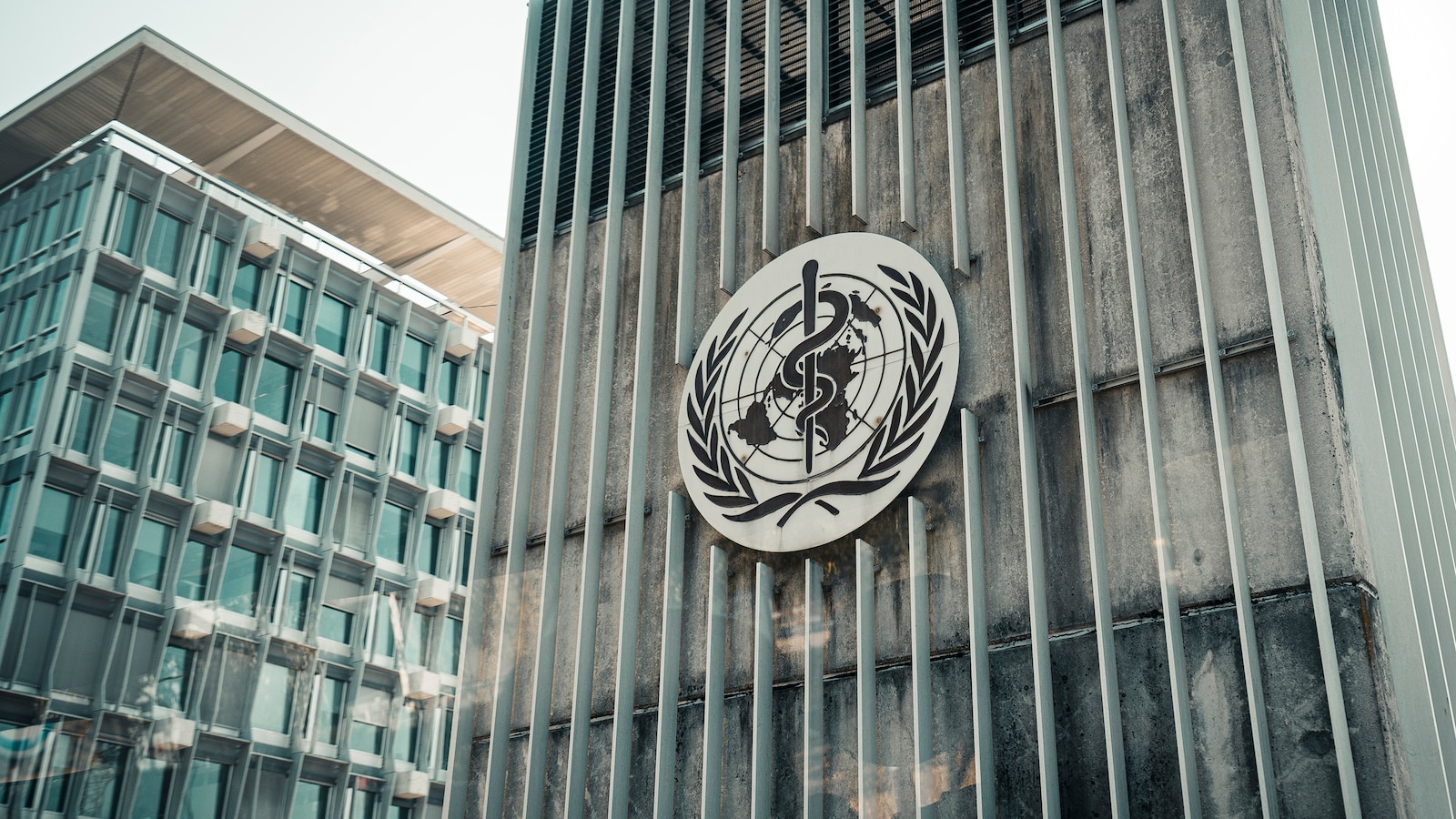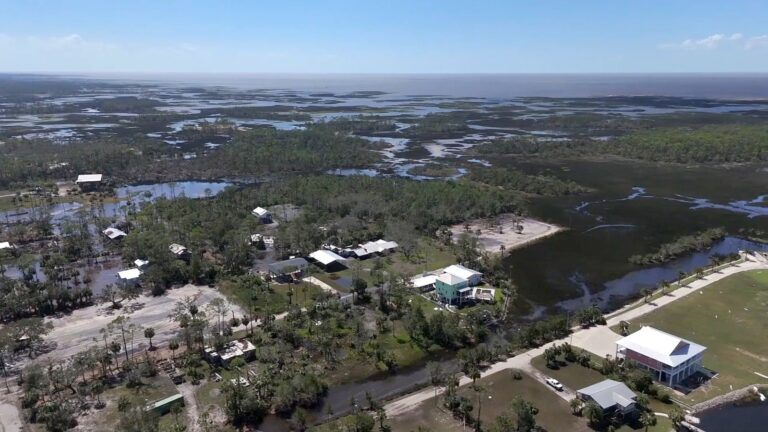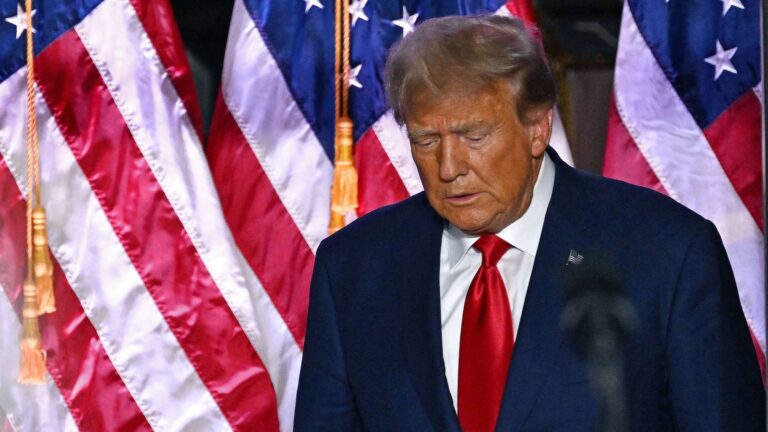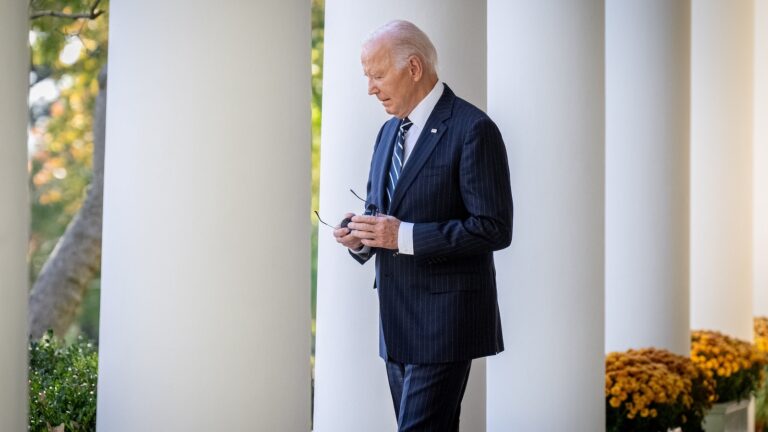WHO declares mpox a public health emergency as newer strain spreads in Africa
The World Health Organization (WHO) has declared monkeypox a public health emergency as a newer strain of the virus spreads in Africa. Monkeypox is a rare viral disease that causes symptoms similar to smallpox, including fever, rash, and body aches. The disease is transmitted to humans through contact with infected animals or people.
The outbreak of monkeypox in Africa has been linked to a newer strain of the virus that is more easily transmitted between humans. This has raised concerns among health officials about the potential for the virus to spread more rapidly and widely in the region.
The declaration of a public health emergency by the WHO means that countries affected by the outbreak will receive additional support and resources to help control the spread of the virus. This may include increased surveillance, vaccination campaigns, and public health education efforts.
Health officials are urging people in affected areas to take precautions to prevent the spread of monkeypox. This includes avoiding contact with sick individuals, practicing good hygiene, and seeking medical care if symptoms of the virus develop.
The spread of monkeypox in Africa is a reminder of the importance of global health security and the need for coordinated efforts to prevent and control infectious diseases. The WHO’s declaration of a public health emergency underscores the seriousness of the situation and the need for swift action to contain the outbreak.
As the situation continues to evolve, health officials will be closely monitoring the spread of monkeypox and working to implement measures to protect the public health. By working together and following recommended guidelines, we can help prevent the further spread of monkeypox and protect the health of individuals in affected areas.






